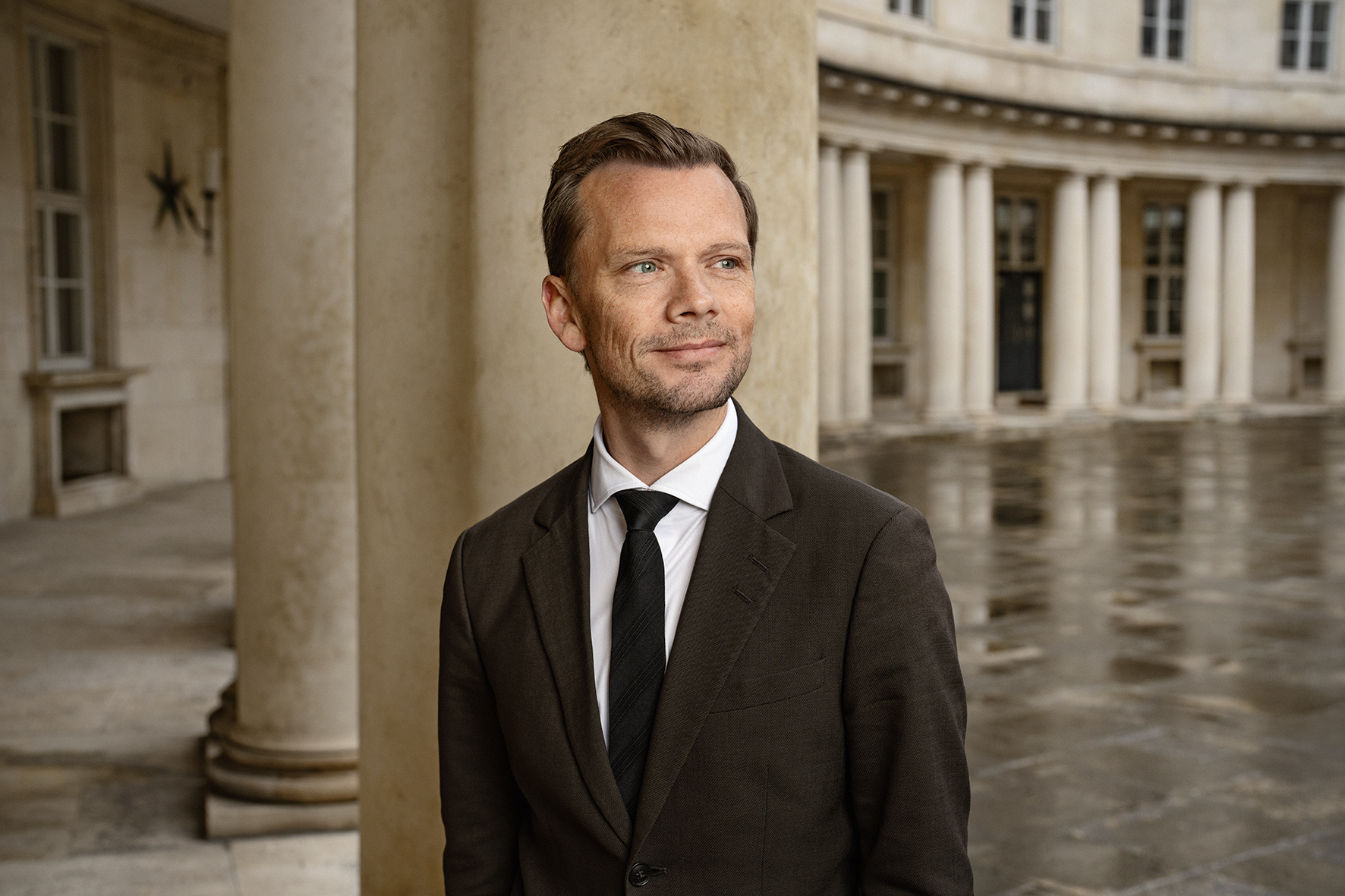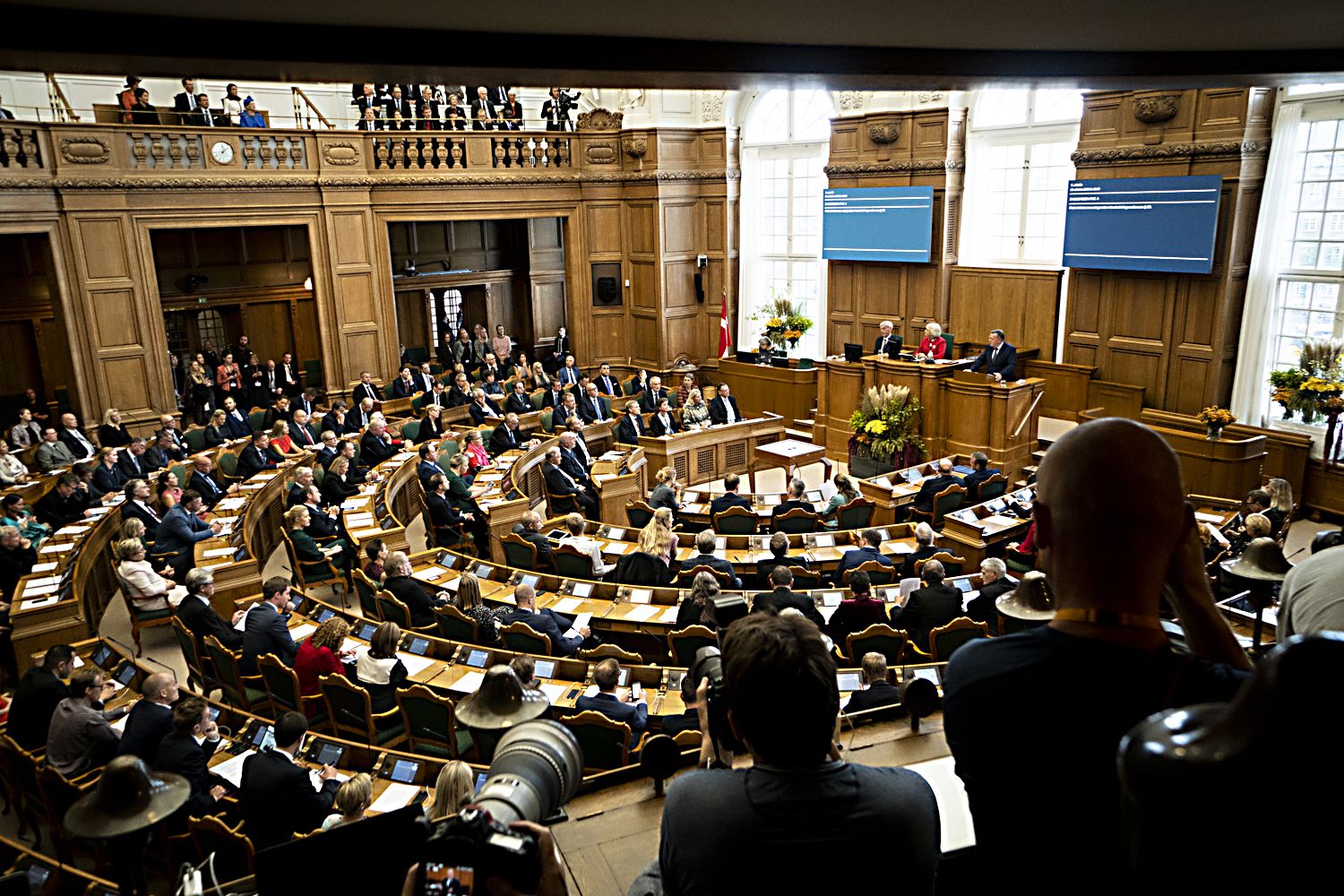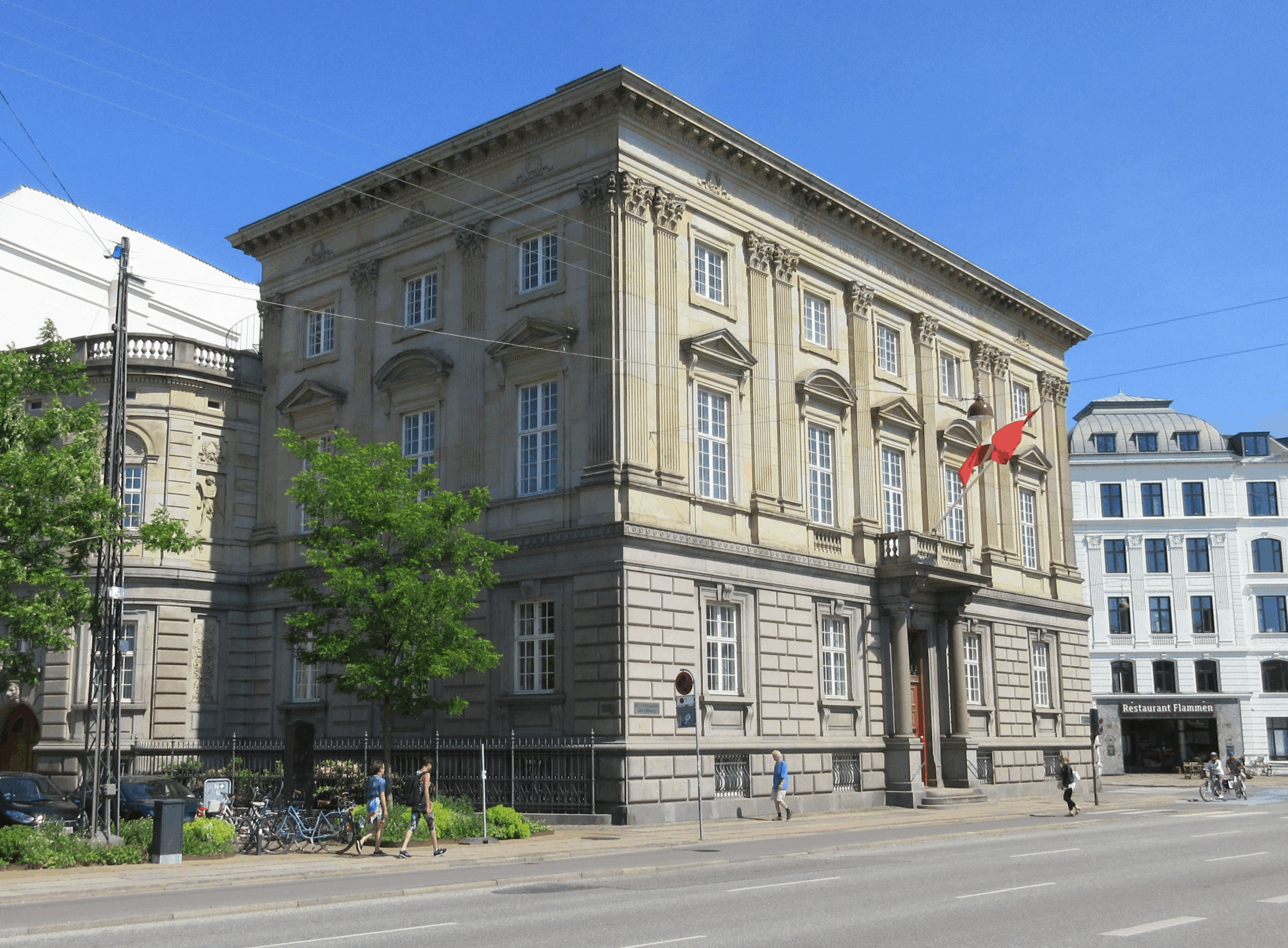Wanted: a few good grown ups
Members of parliament are concerned that the relatively youthful age of Danish MPs has left the legislature suffering from a lack of real-world experience. The average age of MPs after the 2011 general election was 44, the lowest ever. “There are just some disadvantages to being young and we are in dire need of older people to compensate for that,” said Pernille Rosenkrantz-Theil (Socialdemokraterne), age 36. Just 48 of parliament’s 179 members are older than 55. Rosenkrantz-Theil has formed a group to help come up with ways to encourage older Danes to seek office. She was supported by veteran lawmakers and political analysts, who said parliament had become fixated on youthfulness. However, Liv Holm Andersen (Radikale), age 26, said lawmakers should also respect the decisions of voters to elect young people. – Jyllands-Posten
SEE RELATED: Opinion | Young people staying away from polls in droves (again)
Wanted: a few good political spoils
Election night wheeling and dealing to hand out politically appointed nominations to the boards of municipally owned companies plays a significant role in how local councils are made up, according a survey of over 1,000 local councillors nationwide. Once the votes are counted and lawmakers know who’s been voted in, local councils must seek to form a coalition of parties that can hold a majority. In order to win the support of parties and individual councillors, mayors can hand out paid positions sitting on boards of port authorities, power companies and other council-owned organisations. – Politiken
SEE RELATED: Calls for more transparent party financing ahead of local election
Not wanted: a national genome
Plans by the Faroe Islands to map the genomes of the island groups’ 50,000 residents within the next 10 years is meeting with criticism for causing unnecessary worry. The project, known as FarGen, would make the Faroe Islands the first country in the world to map its entire genome. It would make it possible for individuals see what illnesses people were pre-disposed to but Dr Lotte Hvas, of Denmark’s Etisk Råd, which advises parliament on ethical issues, said that information may be useful for science, but not the average person. “We have a lot of mistakes in our genes, and they never cause a problem. Genetic sequencing raises a lot of ethical dilemmas without making us any wiser,” she said. Scientific groups have also criticised the project for not providing significant information to the public. – Kristeligt Dagblad
SEE RELATED: Vikings’ claim to the Faroe Islands in doubt
Not wanted: variable-rate mortgages
As part of an effort to encourage homeowners not to take mortgages with variable interest rates, Jyske Bank says it plans to introduce a form of home loan that will provide a fixed 30-year interest rate that is lower than what is currently offered by traditional mortgage lenders. Despite warnings from financial advisors, variable, 1-year mortgages remain popular among homeowners, due mostly to their historically low interest rates, currently around 0.4 percent per year. To nudge people into taking longer-term mortgages, mortgage lenders have raised the fees they charge individuals holding 1-year mortgages. With the price increase, Jyske Bank says it can now offer a competitive product, even though its interest rate is higher. Economists welcomed the new product, but were concerned that its price structure was less transparent than traditional mortgages. – Berlingske Business
SEE RELATED: Thousands of homeowners cheating themselves, bank says
Editorial Excerpt | Too tough on our politicians?
If politicians can’t take the heat of public criticism, they should get out of the kitchen. Criticism isn’t just some outgrowth of a Danish Jantelov targeted at lawmakers. It is a part of a well functioning democracy, no matter how harsh that may sound. Some may think that a well functioning democracy is about electing the best leaders. That’s an illusion. A democracy is well run if it can weed out the worst politicians. Doing that requires being able to criticise. And that’s why our elected leaders need to be prepared to have their public actions thoroughly scrutinised – but this does not mean that politicians should not be allowed to have a private life. – Børsen
SEE RELATED: A first-class scandal for ‘Luxury Lars’
Interested in receiving the Morning Briefing delivered to your inbox by 8am each weekday? Sign up for the Morning Briefing or any of our other newsletters today.












